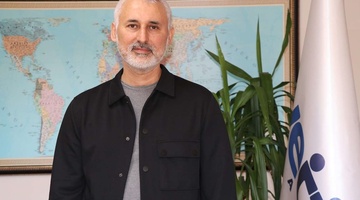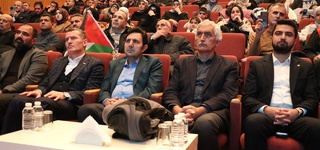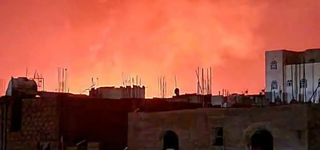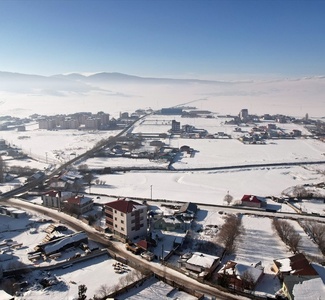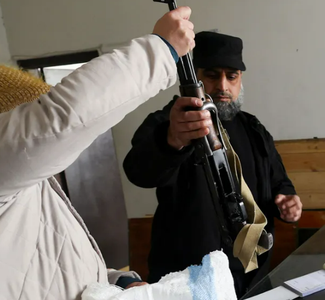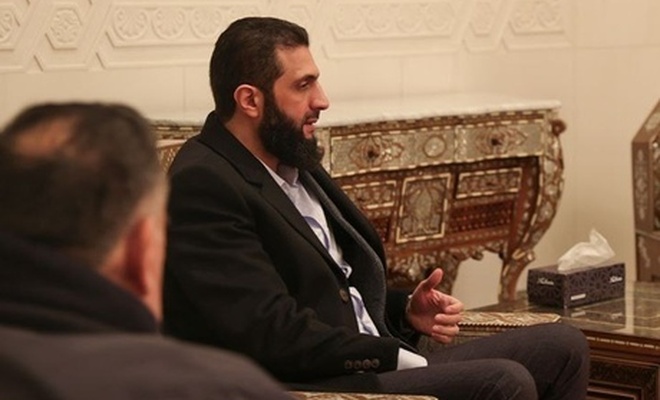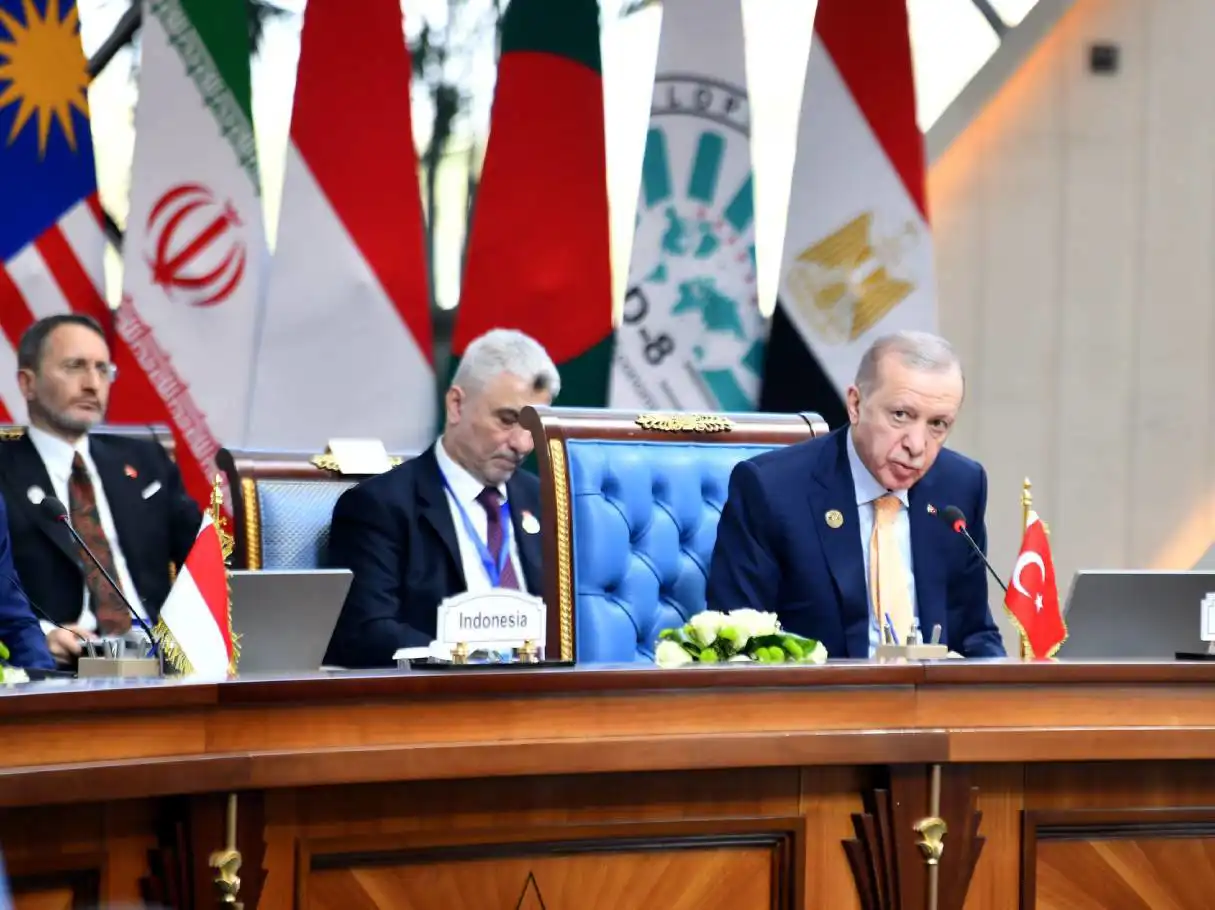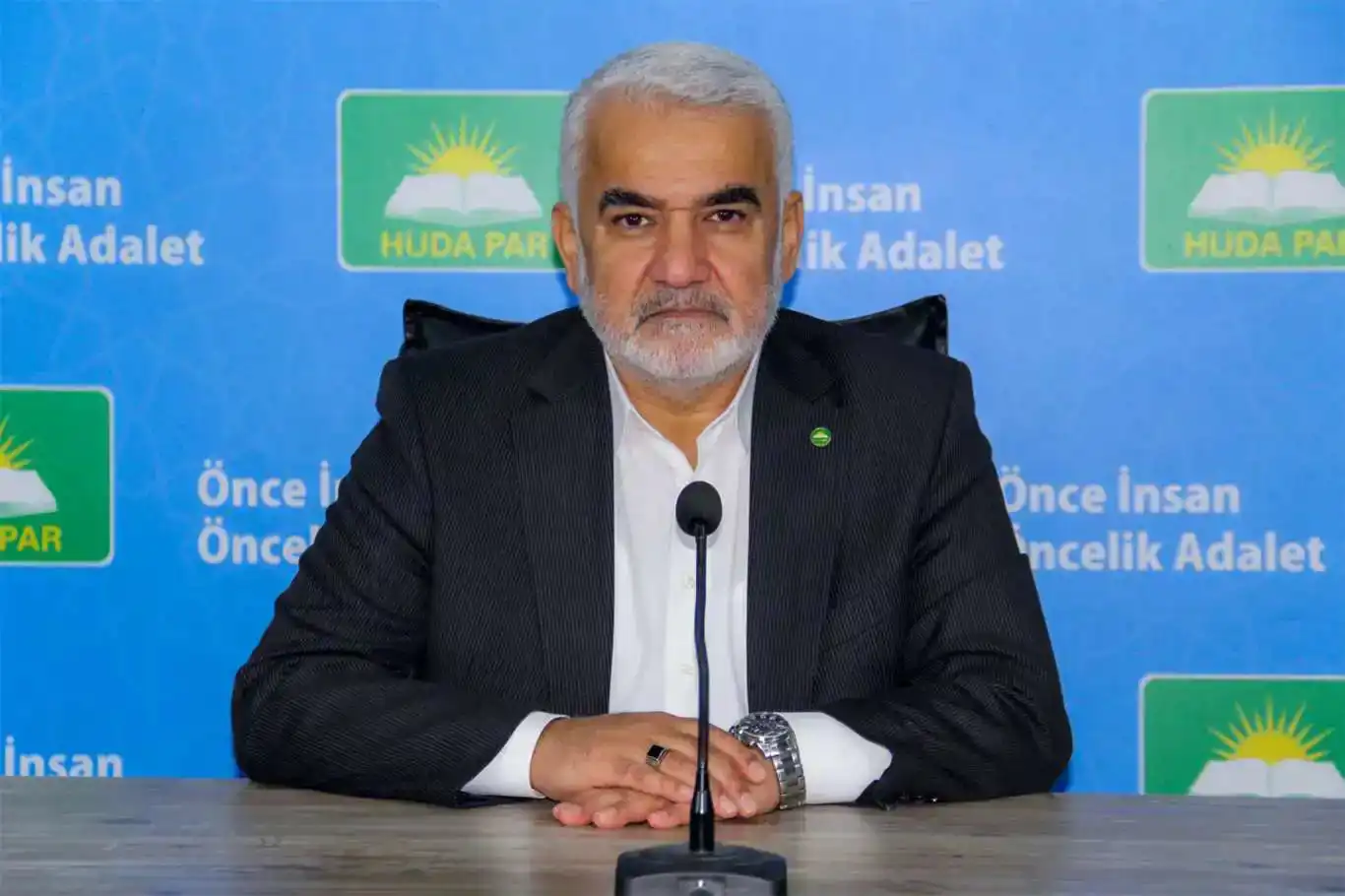Iraq conducts first nationwide census since 1987
Iraq is conducting its first nationwide census since 1987, a comprehensive operation aimed at gathering crucial demographic data.
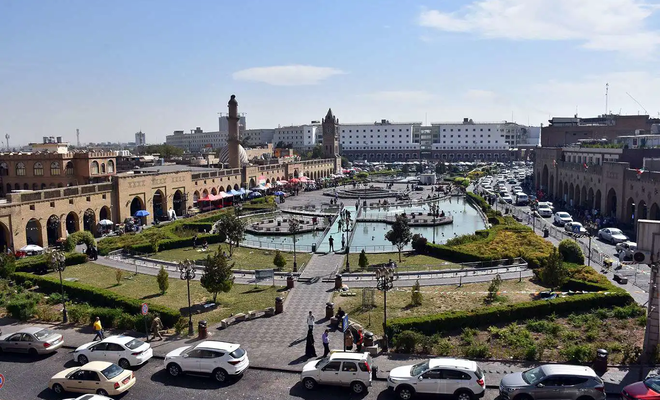
 Google News'te Doğruhaber'e abone olun.
Google News'te Doğruhaber'e abone olun. The Ministry of Interior has announced a two-day curfew for the extensive operation, during which 120,000 researchers will collect data from households across all 18 governorates on Wednesday and Thursday.
Ministry of Planning spokesman Abdul-Zahra al-Hindawi stated that the census, conducted in collaboration with the United Nations Population Fund (UNFPA), aims to reveal "the reality of Iraq in its smallest details." The collected data will enable authorities to identify gaps in health, education, and housing provisions.
Iraq has faced decades of conflict, sanctions, the 2003 U.S.-led invasion that toppled Saddam Hussein, sectarian struggles, and the emergence of the ISIL (ISIS) group. This nationwide count is expected to have significant implications for resource distribution, budget allocations, and development planning.
The census has reignited tensions between Baghdad and the Iraqi Kurdistan region, with concerns that any documented decline in the Kurdish population could reduce their political influence and economic entitlements within Iraq's sectarian power-sharing system. The count in disputed territories such as Kirkuk, Diyala, and Mosul has drawn intense scrutiny.
Ali Arian Saleh, the executive director of the census at the Planning Ministry, assured that researchers from all ethnic groups – Kurds, Arabs, Turkmen, and Christians – would conduct the census in disputed areas to "ensure fairness." The Kurdish region’s share of the national budget, currently 12 percent, is based on an estimated population of six million. Saleh estimated Iraq’s total population to be 44.5 million.
The census will gather information on health, education, and employment, including religion, but will not differentiate between sects, such as Sunni and Shia Muslims. Unlike previous counts, it excludes ethnicity.
Demographics in Iraq have likely shifted significantly, with the exile of hundreds of thousands of Christians and tens of thousands of Yazidi families displaced from Sinjar due to ISIL's atrocities. The last nationwide census in Iraq was conducted in 1987, while a subsequent census in 1997 excluded the three northern provinces that make up the semi-autonomous Kurdistan region. (ILKHA)




























